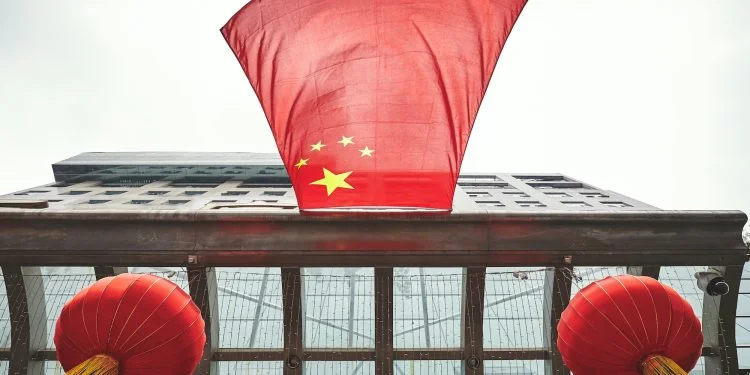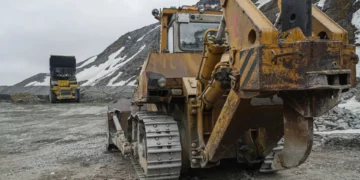Chinese economy seemed to have an upswing after the rollback of its draconian zero-COVID policy, with retail stores and leisure sectors packed to the brim
New economic data released by the Chinese government on Tuesday, May 16, has compounded worries over a slowing world economy, as the world’s largest manufacturer seems to be losing steam. While China had helped the world climb back out of the Great Recession in 2008, it seems that this time countries are on their own as the world grapples with multiple simultaneous economic issues.
The official data showed that key economic indicators, such as retail sales, fixed investment, and industrial production, grew at a much slower pace than expected. Industrial production, which was expected to increase by 10.9%, grew at just 5.6%, while retail sales and fixed investment grew at 18.4% and 4.7%, down from an expected 21.9% and 5.7%, respectively. Meanwhile, youth unemployment, already an issue, has surged to a record high of 20.4%.
While China had seemed to be on an economic upswing after the rollback of its draconian zero-COVID policy, with retail stores and leisure sectors packed to the brim, it now seems that this was due to a low base growth effect and pent-up quarantine demand. The economic recovery now looks to be fading and might fizzle out completely by the end of this year.
Dashed hopes for a repeat of 2008
The new data is a disappointment for many who had hoped that China could reprise the role it played in the 2008 Great Recession, where it served as an engine of economic growth and played a major role in helping pull the world out of the economic slump. In response to the Great Recession, the Chinese government announced a whopping $586 billion stimulus package that mostly went into infrastructure.
While many have criticised the stimulus for its inefficiencies, there is no doubt that it helped revive global growth, as China alone made up a staggering 50% of global growth in 2009. However, the program contributed to a huge amount of debt in the Chinese system, as well as infrastructure saturation, which likely rules out a repeat of the same this time.
Low consumer demand in China, as revealed by 0.1% inflation, faltering housing sales, and shrinking imports, means that the world cannot depend on China to serve as a source of demand growth. The housing market is especially significant, as the sector makes up almost a fifth of the country’s GDP. The demographic crisis in China, whose population actually fell this year and which was recently surpassed by India as the world’s most populous nation, probably means that this slowdown in demand is here for the long term.
What next for China and the world?
The news bodes further trouble for an already buckling world economy, as the IMF has predicted global growth to be at its lowest level in decades. China and India had been predicted to make up half of the global growth this year, so the slowing momentum of the Chinese economy shows even that estimate might have been a little too optimistic.
Further compounding the global economic malaise are high energy and food prices resulting from the Russia-Ukraine War, a collapsing American banking system, fears of an American federal default, and high inflation in many countries. Any of these by themselves would be enough to trigger a global economic crisis, and many countries are already buckling under the pressure. The economic collapse of countries like Sri Lanka and Pakistan further fan fears of a debt crisis in the developing world, which would be disastrous for standards of living.
The backdrop of economic rivalry between the United States and China also cannot be ignored, as the Chinese government will now have to make some tough choices on industrial, fiscal, trade, and monetary policy and decide which sectors to prioritise if it wishes to keep up.
While China has been consistently moving up the value chain over the past decades, further focus on key sectors such as AI, renewable energy, EVs, and automation is imperative as the country transitions to a high-middle income economy and tries to secure economic independence from the West.

















